A study by the Vietnam Institute of Educational Sciences shows that more than 80% of students in big cities participate in extra classes, at a cost of about 20% of their family's monthly income. Recently, when Circular 29 of the Ministry of Education and Training took effect, public opinion showed that many parents expressed concern because "if they don't get extra classes, what will happen to their children?".
BELIEVE IN EXTRA LEARNING TO ACHIEVE GOOD RESULTS IN EXAM
At a recent admissions consultation session in Hanoi, the speaker advised students on how to study: "...First, try to add up how many exercises you have done and answered questions from the beginning of the year until now and further to the end of the program. Divide them into groups and see how many exercises are similar and how many are different. Among the different exercises, how many are different and how many are different?... Second, count how many formulas are needed to solve the exercises and how many things you have to remember with that many formulas. If you can do the above, you will be very confident because you know that the subject only has that many formulas, you only need to remember the types of exercises, you don't need to remember hundreds of exercises...".
Perhaps the speaker, with his pedagogical expertise and experience, wanted to tell the students that "actually the program is not as heavy as you think, the test is the same, so don't be afraid, just master the learning method, systemize the lessons and you will be confident".
But parents participating in the program reacted immediately: "If a student can do that, he or she is excellent. Normal students cannot do that." Therefore, they were sure that their children would have to take extra classes to pass the exam.

Students after extra classes at a tutoring facility in Ho Chi Minh City after Circular 29 was issued.
Many studies on general education have announced that "the curriculum is not heavy, the exams are not so heavy that almost all high school students have to take extra classes". But in reality, public opinion always complains about the pressure from society and schools. Specifically, exams, especially important exams such as the entrance exam to grade 10 (in big cities), university entrance exams, are very competitive. This creates great pressure for both students and parents; the crowd effect when seeing their children's friends taking extra classes, parents also feel worried and afraid that their children will fall behind; and pressure from teachers, in some cases teachers can encourage students to take extra classes to consolidate knowledge or prepare for exams.
In addition, parents are always worried about their children's abilities. They are afraid that their children will not be able to keep up with the program, that the school curriculum is too heavy or that their children are not capable of absorbing all the knowledge. Every parent wants their children to achieve good results in exams, and they believe that extra classes are the way to achieve that. Parents believe that extra classes will make up for the lack of knowledge.
T H E TRUST IN THE QUALITY OF EDUCATION AT SCHOOL
In addition, lack of trust in the quality of education at school is also a cause. In my research, parents reported that: large classes can prevent teachers from paying attention to each student, leading to students not being fully supported. Parents may not be satisfied with the teaching methods of teachers at school and seek other methods in extra classes. Parents do not have time to tutor their children and want their children to have professional instructors who can help them learn better.
Parents all want their children to have a good future and believe that investing in their children's education is never wrong. Parents consider extra classes as an investment in their children's future, helping them have the opportunity to enter good schools and have stable jobs, increasing their chances of being admitted. But in reality, few parents are able to balance and wisely choose the right way to invest in their children. Many Vietnamese families are overprotective of their children, which may be a reason why parents believe that their children need extra classes. Parents lack confidence in their children's ability to be independent. When parents are overprotective, they often interfere in every aspect of their children's lives, including their studies. This prevents their children from having the opportunity to solve problems, learn by themselves, and develop the necessary skills. As a result, parents feel that their children are not capable of studying on their own and need outside support, such as extra classes.

Passing important, highly competitive exams is one of the reasons for taking private tutoring.
Photo: Dao Ngoc Thach
HAVE VERY HIGH EXPECTATIONS FOR YOUR CHILDREN
Parents can be overly concerned about their children's future, leading to a tendency to have very high expectations for their children. They fear that if their children do not achieve high academic results, they will have difficulties in life. Therefore, they are willing to invest everything, including extra classes, to ensure their children have a "secure" future.
When children get used to having their parents or adults solve all their problems, they will become passive and lack initiative in learning. They will not explore and research on their own but will always rely on help from others. This makes parents feel that their children need someone to guide and tutor them regularly, and tutoring is a solution. This is the consequence that leads to children always depending on adults. This creates a vicious cycle, in which the more parents protect, the more dependent and unconfident their children become, leading to parents having to find solutions to tutoring; even when they enter adulthood, many young people still cannot be independent and always need someone to "tutor" them.
Extra classes are inherently a positive sign if the learner knows "what they need to learn, why they need to take extra classes" proactively. However, in reality, the lack of faith in self-study, in fairness in education... has caused many parents to "believe that their children need extra classes to pass exams", which is not a good sign for the child or for society.
Regardless of the era, helping students to be confident, self-study, and study effectively is always the right goal of general education. Therefore, if parents do not help their children study successfully with that goal, it is really worrying. Extra study is not always effective. It is important that parents need to consider carefully and choose the form of extra study that is suitable for their children's abilities and needs.
Ministry of Education and Training: Innovation in testing and assessment needs to be done better
Last week, the Ministry of Education and Training inspected the implementation of Circular 29 on extra teaching and learning (ET) in Hanoi and Quang Tri. At the meeting on February 28, the Department of Education and Training of Quang Tri requested the Ministry of Education and Training to issue appropriate sanctions for violations of ET regulations; resolutely innovate teaching and testing towards competency-based approaches, especially for exam questions, thereby changing the mindset and demand for ET.
Speaking at the working session with the departments, Deputy Minister of Education and Training Pham Ngoc Thuong analyzed some of the reasons leading to the lack of schools, teachers, large class sizes; parents want their children to attend quality schools; the relationship between family - school - society has not been resolved well; although there have been draft directives, the innovation of testing and evaluation still needs to be done better...
Mr. Thuong also emphasized the role of teachers in enhancing guidance and inspiring students to be self-study, self-aware, and proactive in learning; and can launch a movement of "self-study, self-review for graduation exams" for 12th grade students.
Mr. Thuong reiterated the guiding viewpoints of "5 no's" and "4 upholds". The "5 no's" include: no "beating the drum and then abandoning the drumstick", no compromise, no tolerance, no distortion, no saying it's difficult but not doing it. The "4 upholds": the role of education management staff at all levels; teachers' spirit of self-respect, self-esteem, and devotion to students; students' self-awareness and self-study; the role of the school - family - society relationship.
Tue Nguyen
Source: https://thanhnien.vn/vi-sao-phu-huynh-nghi-con-phai-hoc-them-moi-thi-duoc-185250303181022708.htm


![[Photo] Overcoming all difficulties, speeding up construction progress of Hoa Binh Hydropower Plant Expansion Project](https://vstatic.vietnam.vn/vietnam/resource/IMAGE/2025/4/12/bff04b551e98484c84d74c8faa3526e0)


![[Photo] Closing of the 11th Conference of the 13th Central Committee of the Communist Party of Vietnam](https://vstatic.vietnam.vn/vietnam/resource/IMAGE/2025/4/12/114b57fe6e9b4814a5ddfacf6dfe5b7f)


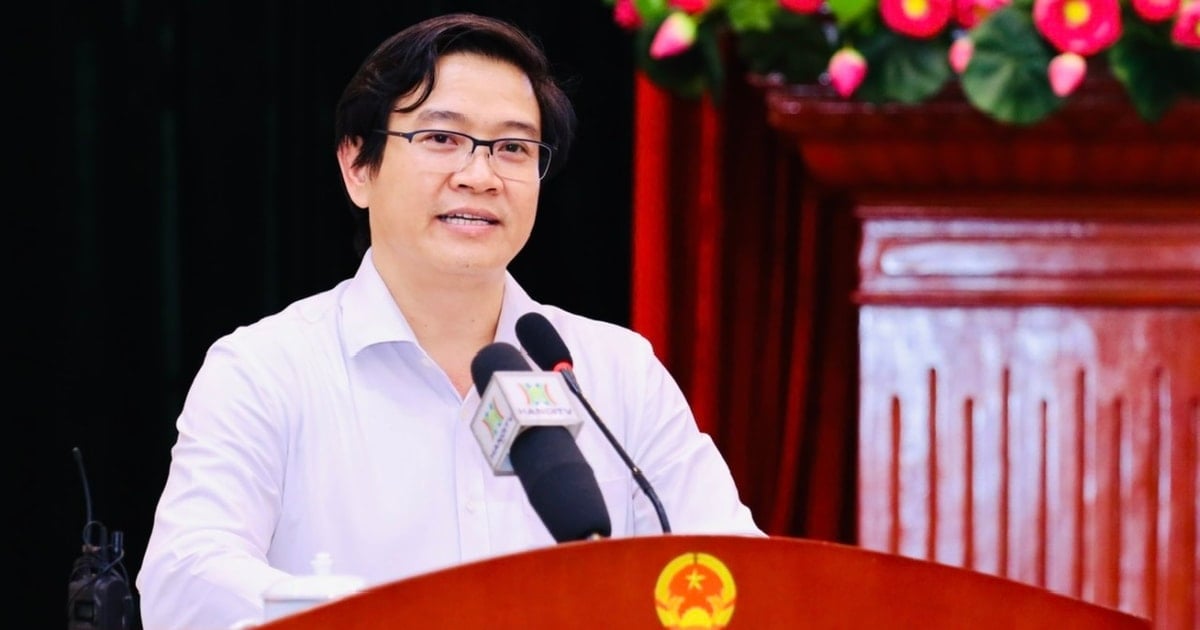

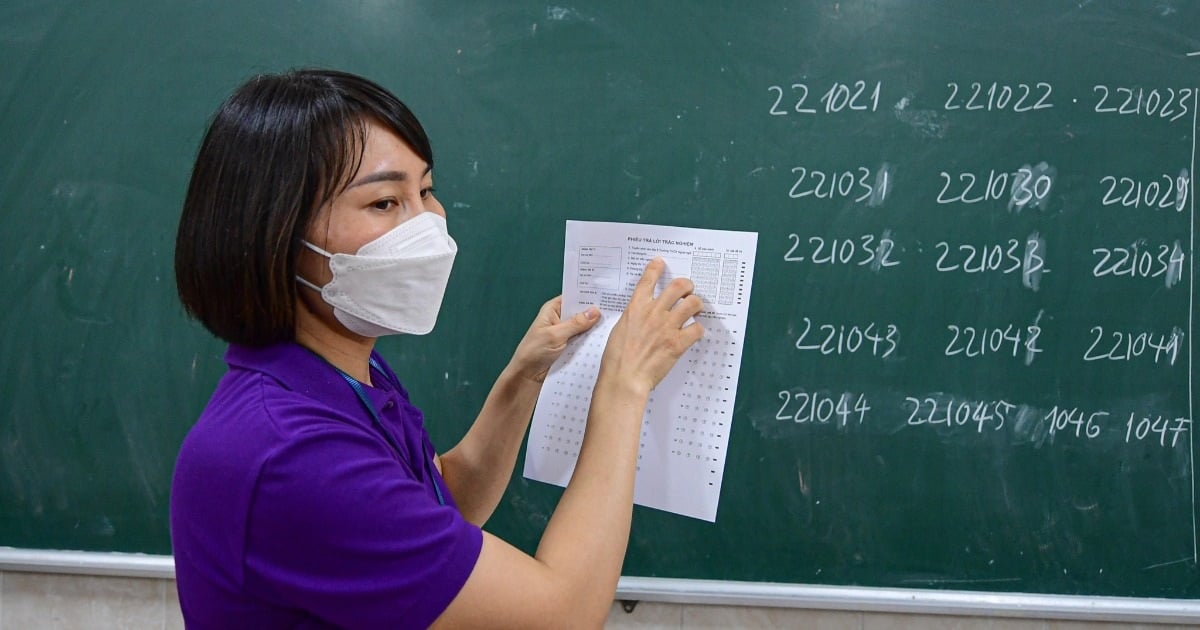

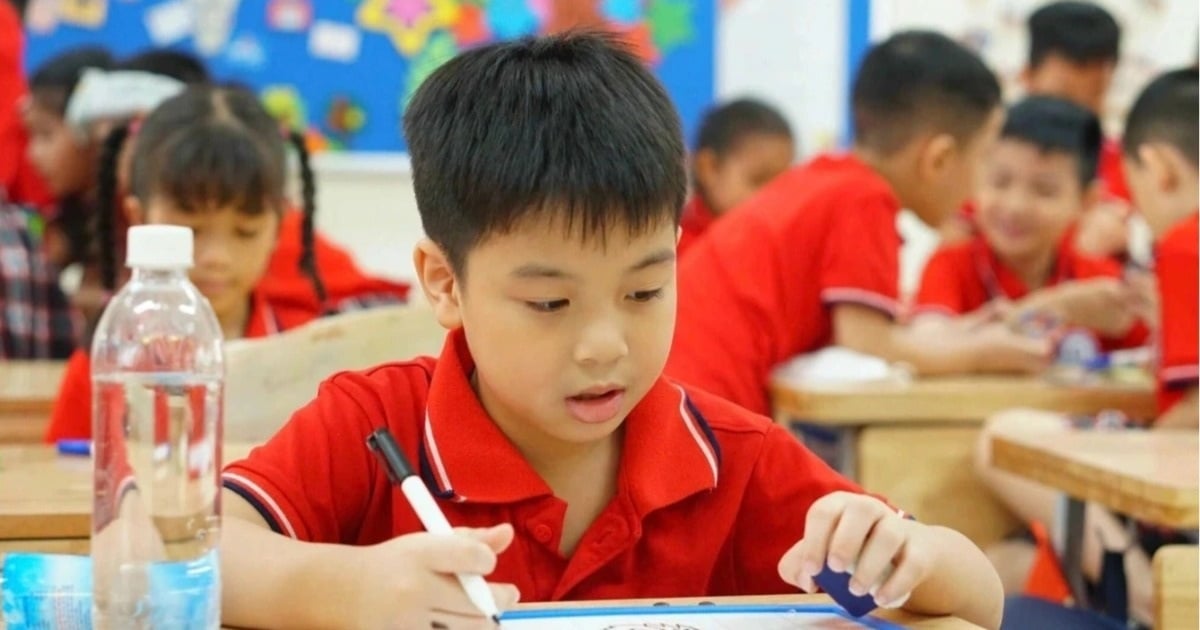
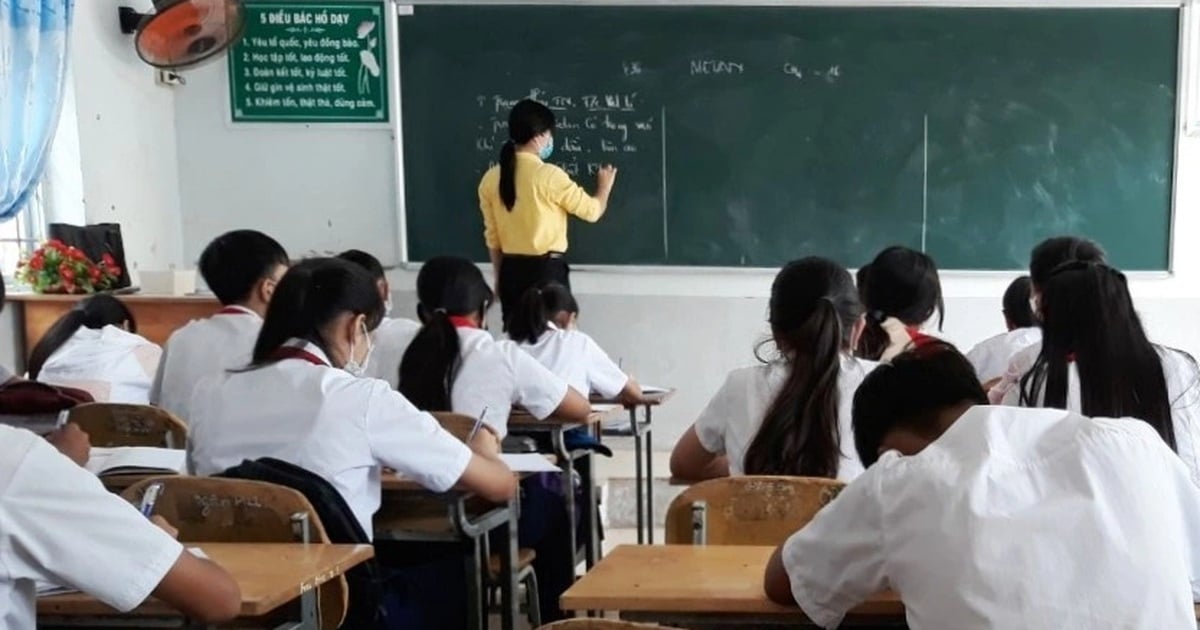
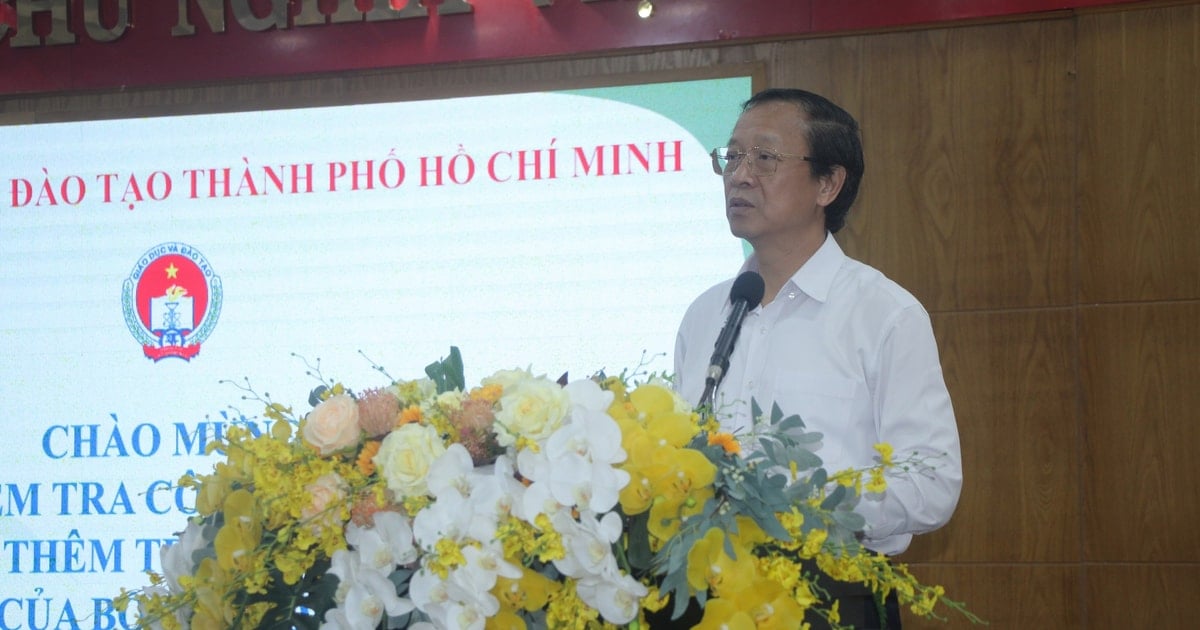
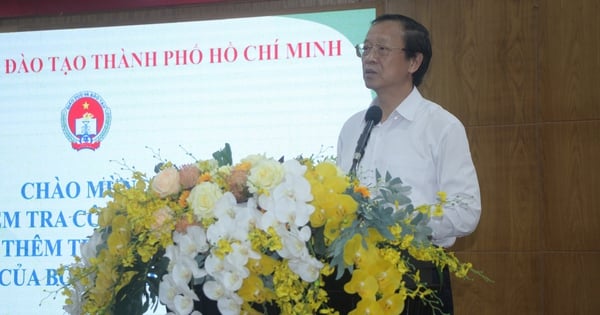

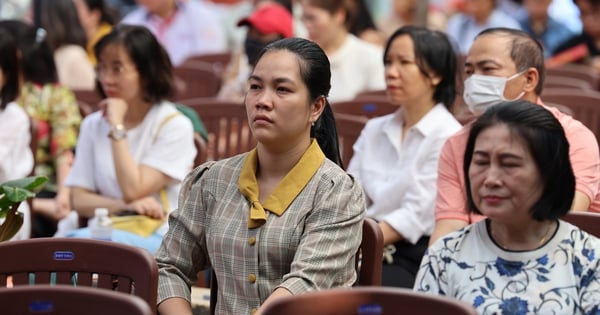

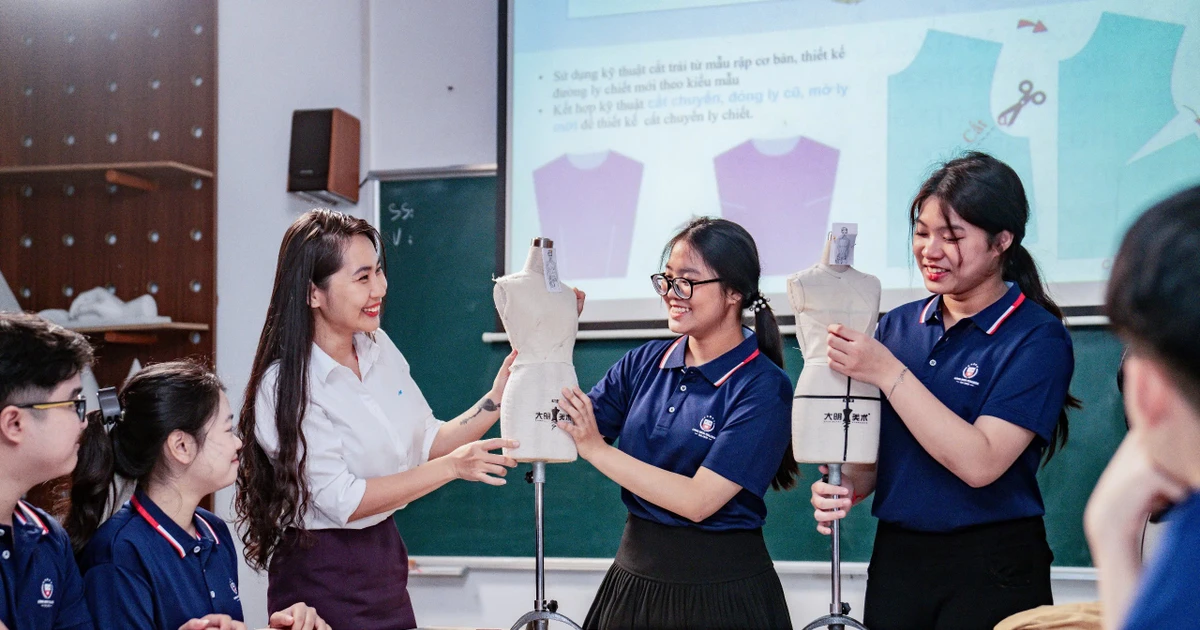


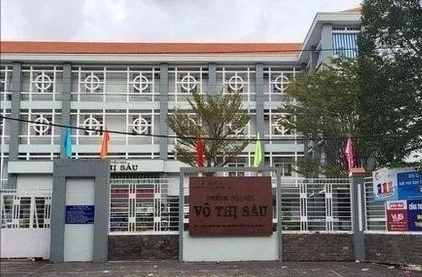




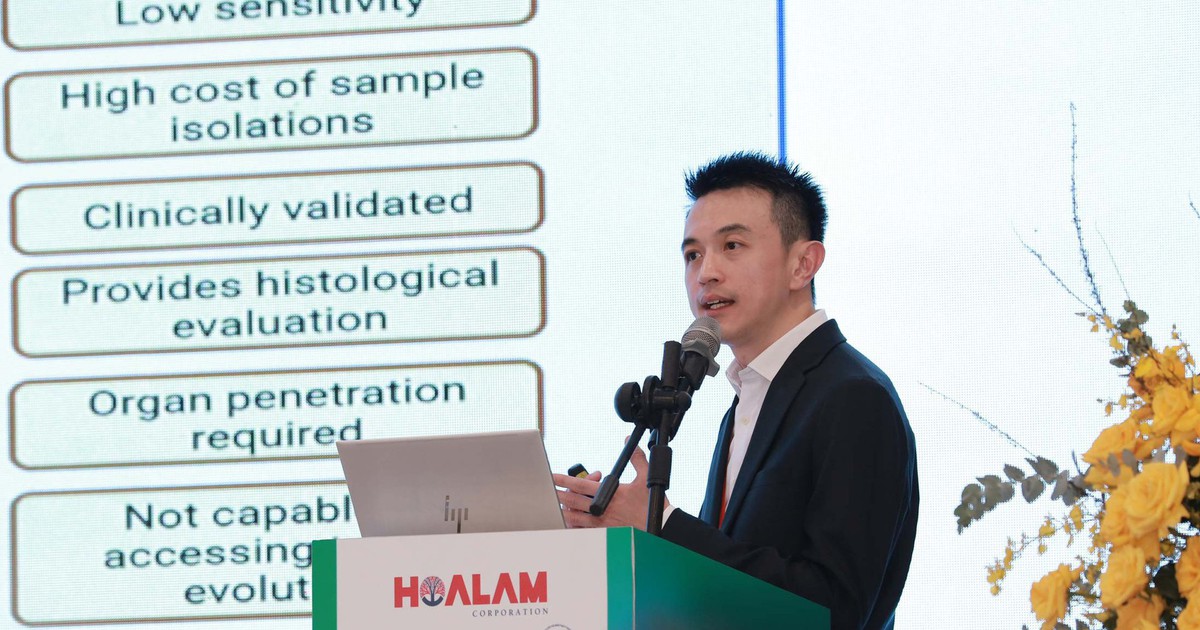















































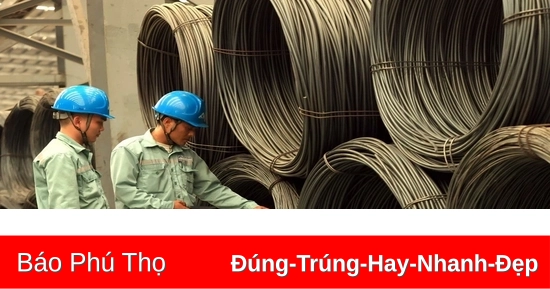




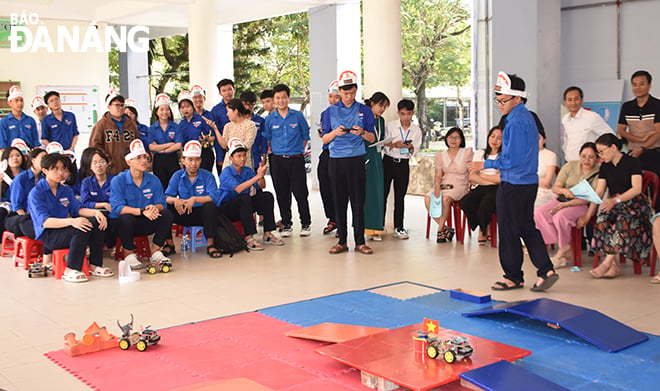

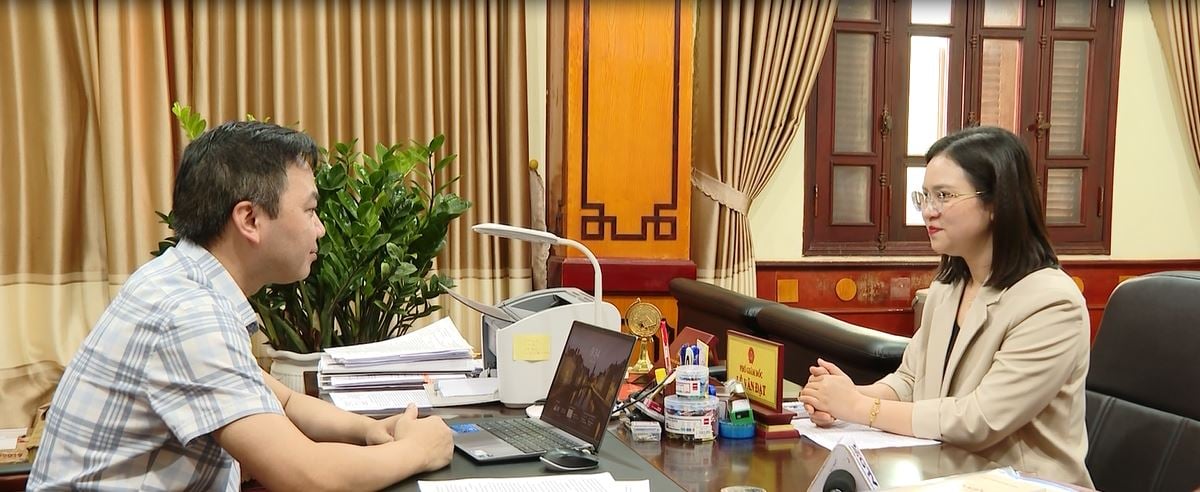











Comment (0)